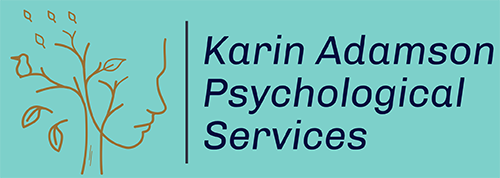What is Post-traumatic Stress Disorder (PTSD)
Post-traumatic stress disorder (PTSD) is a mental health condition that can develop after experiencing traumatic events. It is characterised by the following symptoms:
-
Reliving the Trauma:
- Individuals with PTSD often experience nightmares and flashbacks, which vividly bring back the traumatic event.
- These intrusive memories can be distressing and overwhelming.
-
Avoidance and Isolation:
- People with PTSD may avoid situations, places or things that remind them of the trauma.
- They might withdraw from social interactions and feel isolated.
-
Sleep Disturbances:
- Insomnia is common among those with PTSD.
- Sleep disturbances can exacerbate other symptoms.
-
Difficulty Concentrating:
- Problems with focus and concentration are frequent.
- This can impact daily functioning.
-
Excessive Arousal:
- Individuals may experience heightened alertness, anger, irritability and difficulty sleeping.
- Hyper-vigilance becomes a part of their daily life.
-
Negative Thoughts and Feelings:
- Guilt, shame and negative emotions related to the trauma are common.
- Some may exhibit a flat affect (reduced emotional expression).
-
Physical Symptoms in Children:
- In young children, PTSD might manifest itself as delays in toilet training, motor skills or language development.
Causes of PTSD:
- Any situation perceived as traumatic can lead to PTSD. Examples include:
- Serious road accidents
- Violent personal assaults (e.g. sexual assault, mugging or robbery)
- Serious health problems
- Childbirth experiences




